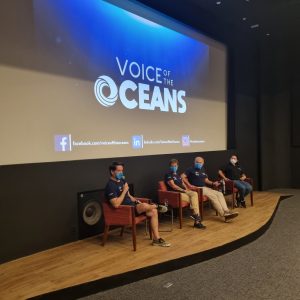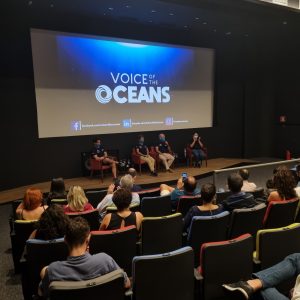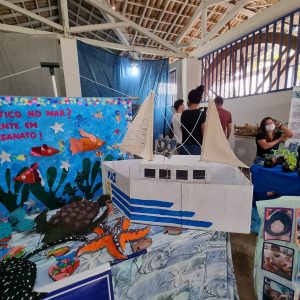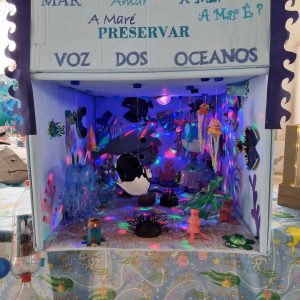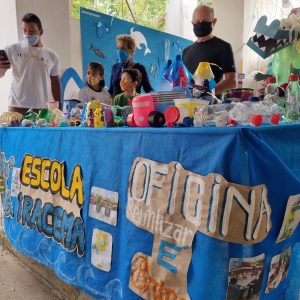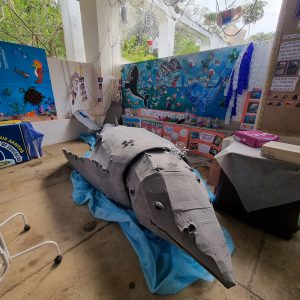EDUCATION
We want to create impact and social change! To change the future, education!
Through education, we want to promote the social and environmental change our planet needs. Working with educational institutions, we will bring entertaining and transformative information to schools.
EDUCATIONAL JOURNEY
The stages of the journey
- Mapping local scenarios on land, aligned with the expedition’s waypoints.
- Interviewing schools, NGOs and local partners to identify vulnerabilities and offer solutions: Voice of the Oceans local centers.
- Creation of educational materials and gamification.
- Educational workshops: studies on oceans, waste and sustainability.
- Radio and TV Voice of the Oceans (web) for the dissemination of news about the expedition and actions on land.
- Proposal for transversal and transdisciplinary inclusion of the theme in the school curriculum.
Results will be measured through a final assessment document:
Implementation and impact of educational actions, integration of the theme in pedagogical-political projects and strengthening of local centers (composed of schools, NGOs and partners).
Progress in solutions to the initial mapped problems, best practices and sustainability after the trip.
Tax benefits for companies
Companies that report a real profit can commit to the Education for the Oceans project by recognizing donations up to 2% of their gross operating profit as a business expense.
Our commitment to the environment
In all our actions, priority is given to sustainable materials, reuse/upcycling and minimal waste generation.
ABOUT OUR PARTNERS

The Supereco Institute is a Civil Society Organization of Public Interest (OSCIP), founded in 1994, with renowned activities in different fields of education, communication, conservation and sustainability.
It applies the “learning by doing” methodology to form groups of multipliers – managers, teachers, students, government leaders, partner NGOs, cooperatives, networks and local communities.
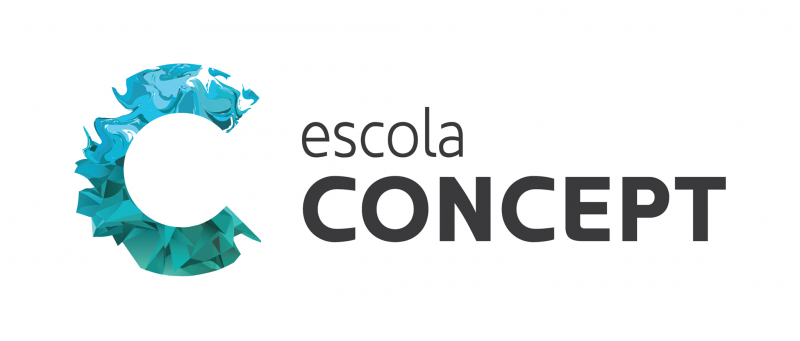
Escola Concept is a signatory to the Global Compact network and connects each project students develop to one of the challenges facing the world today. In the three lessons, students learn through hands-on activities embedded in a structure that provides experience in four pillars: sustainability, digital literacy, entrepreneurship and collaboration. As part of the initiative, students embark on a journey to save and conserve planet water and launch a design thinking challenge linked to environmental education.
Warning: Undefined array key 0 in /home/storage/6/55/ac/voiceoftheoceans1/public_html/wp-content/themes/voz-dos-oceanos-2022/page.php on line 60

